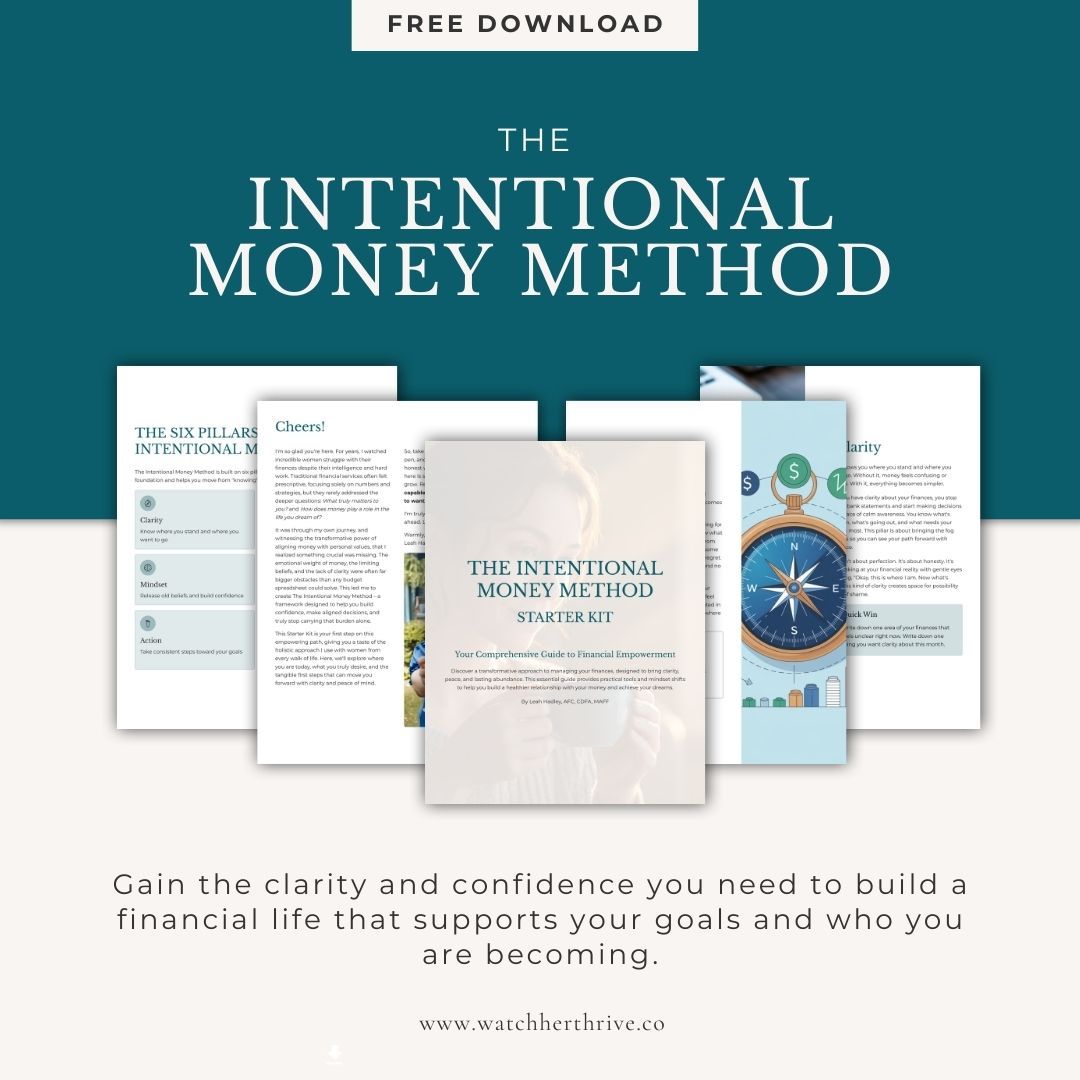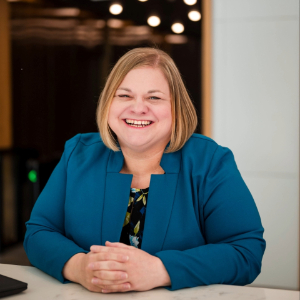10 Timeless Financial Lessons from My Depression-Era Grandfather

Through watching my grandfather's approach to life and money, I learned truly valuable financial lessons that continue to guide me today. This wisdom was particularly meaningful given that my father's approach to finances served as a stark counterexample of what not to do.
My grandfather, who would have been 100 years old this year, grew up during the Great Depression. Those formative years shaped his entire philosophy about money, security, and what truly matters in life. The principles he lived by aren't outdated - they're more relevant than ever in our world of instant gratification and consumer debt.
10 Timeless Financial Lessons from the Greatest Generation
-
Live Below Your Means
My grandfather embodied the principle of living below one's means. This wasn't merely a saying but a lifestyle he embraced, shaping his prudent financial habits throughout his life. He prioritized long-term financial security over the allure of short-term material gain - a discipline that allowed him to weather economic storms and provide for his family without the constant stress that plagued so many others.
Application today: Living below your means creates breathing room in your budget for unexpected expenses, allows you to save consistently, and reduces financial anxiety. It's the foundation of financial security.

-
The Power of Consistent Saving
The concept of saving was one my grandfather held in high regard. No matter his earnings, he made it a habit to set aside a portion of his income first - before paying bills, before discretionary spending. This practice not only emphasized the importance of saving but also fostered in me the discipline to prioritize savings over unnecessary spending.
Application today: Automate your savings so you pay yourself first. Even small amounts add up significantly over time through the power of compound interest.
-
Maintenance is Key
My grandfather took excellent care of his belongings, whether it was a tool, an appliance, or a piece of furniture. He knew that proper maintenance not only prolonged an item's lifespan but also saved money in the long run. This taught me the value of being a good steward of what I already have rather than constantly replacing things.
Application today: Regular maintenance of your home, car, and possessions prevents expensive repairs and replacements. The cost of prevention is almost always less than the cost of replacement.
-
DIY: A Path to Independence and Savings
From minor home repairs to larger projects, my grandfather was a strong advocate for doing things himself. This DIY attitude instilled a culture of learning and self-reliance, teaching me that acquiring new skills can lead to significant financial savings and a sense of empowerment.
Application today: While you don't need to do everything yourself, learning basic skills - from cooking to simple home repairs - can save thousands of dollars annually and give you greater control over your expenses.
-
Intentional Estate Planning Protects Your Loved Ones
Recognizing the importance of intentional estate planning, my grandfather ensured his assets would be protected and distributed according to his wishes. He left a clear plan, saving his loved ones from unnecessary stress and financial uncertainty during an already difficult time. This final act of care taught me as much as anything else he did.
Application today: Estate planning isn't just for the wealthy. Having a clear will, proper beneficiary designations, and organized financial records is one of the greatest gifts you can give your family.
-
Waste Not, Want Not
Having lived through the Depression, my grandfather had a deep-rooted aversion to waste. He was adept at repurposing items and extracting value from things others might quickly discard. This resourceful approach taught me to see the full lifecycle of an item before disposing of it and to question whether I truly needed to buy something new.
Application today: Before buying new, ask yourself: Can I borrow it? Fix what I have? Buy it secondhand? This mindset reduces waste, saves money, and often leads to more creative solutions.
-
Patience is a Financial Virtue
In a society where instant gratification is constantly marketed to us, my grandfather exemplified the value of patience. Whether he was waiting for a good deal, saving for a large purchase, or investing for long-term gains, patience was central to his financial philosophy. He understood that time was often more valuable than money.
Application today: Implementing a 24-hour (or longer) waiting period before major purchases can prevent impulse buying. Patience in investing allows compound growth to work its magic.
-
Value Over Cost: Quality Worth Paying For
Despite being frugal, my grandfather knew the difference between being economical and being cheap. He often opted for quality items that would last decades instead of buying less durable, cheaper alternatives that would need frequent replacement. This taught me to consider the total value an item provides over its lifespan, rather than just its upfront cost.
Application today: Calculate cost-per-use when making purchases. A $200 coat worn for 10 years costs less per wear than a $50 coat replaced every season.
-
Invest in Yourself: Your Most Valuable Asset
As a staunch believer in self-improvement, my grandfather always underscored the importance of investing in oneself. Whether through education, maintaining good health, or pursuing enriching hobbies, he knew that personal development could yield long-term rewards that no stock or bond could match.
Application today: Investing in skills, health, and relationships provides returns that compound throughout your lifetime. Don't neglect this crucial form of wealth-building.
-
Avoid Frivolous Spending Through Mindful Consumption
My grandfather's frugality wasn't about pinching every penny or denying himself joy. Instead, it was about making thoughtful decisions about when and where to spend money. He taught me to distinguish between wants and needs, reminding me to avoid spending money frivolously and instead focus on mindful consumption aligned with my values.
Application today: Before purchasing, ask: Does this align with my values? Will this bring lasting satisfaction? Am I buying this to fill an emotional need that spending can't actually address?
Honoring His Legacy Through Financial Empowerment
The wisdom imparted by my grandfather has significantly shaped my financial outlook, my career choice, and how I support my clients. His guidance serves as a beacon, navigating me through the often turbulent seas of personal finance.
These aren't just nostalgic memories - they're practical principles that work. My grandfather lived them, I've applied them, and I've watched countless clients transform their financial lives by embracing these same timeless truths.
Your Turn: Building Financial Clarity and Confidence
You don't need to have grown up during the Depression to benefit from Depression-era wisdom. These principles work in any economic environment because they're rooted in timeless truths about human behavior, delayed gratification, and intentional living.
Ready to apply these lessons to your own financial life?
Join the 30-Day Financial Reset Challenge starting January 4th. Over 30 days, we'll work together to:
- Clarify your current financial picture (because you can't improve what you don't measure)
- Align your spending with your values (distinguishing wants from needs)
- Build systems that make saving automatic (paying yourself first)
- Create a sustainable plan that gives you breathing room when life gets hard
This isn't about perfection. It's about building the clarity and confidence that lets you handle whatever comes next - just like my grandfather did.
[Join the 30-Day Financial Reset Challenge - Starts January 4th]
Or, if you're looking for ongoing support and a community that understands you're navigating real life with all its messiness, [explore The Empowered Sisterhood membership] - a place where financial education meets genuine support.



